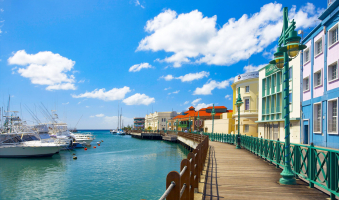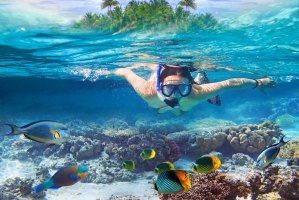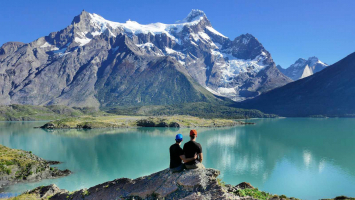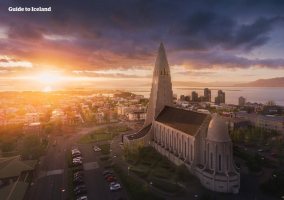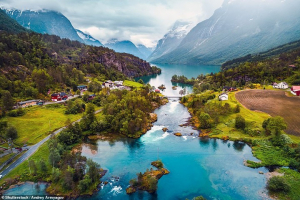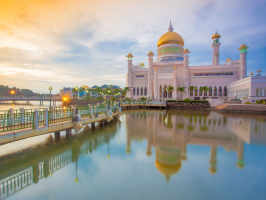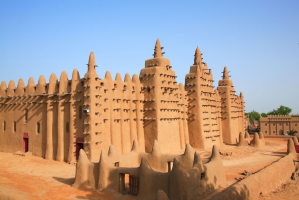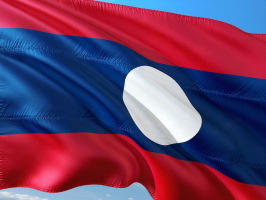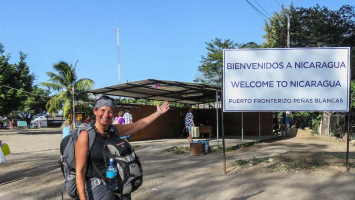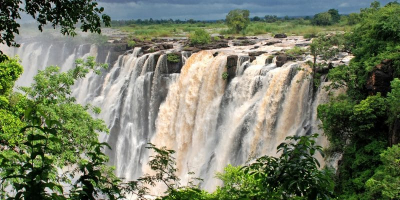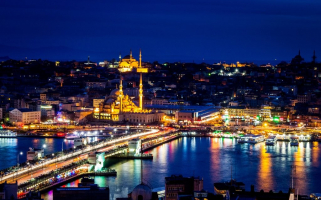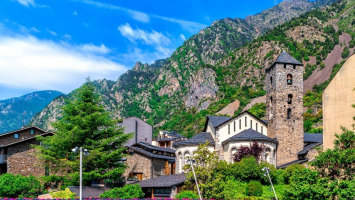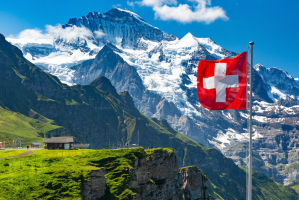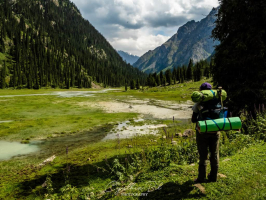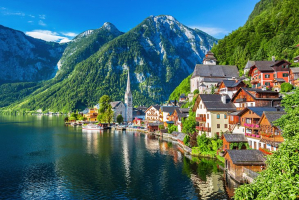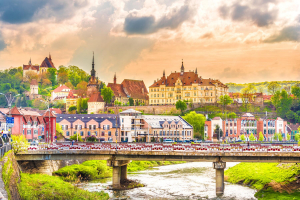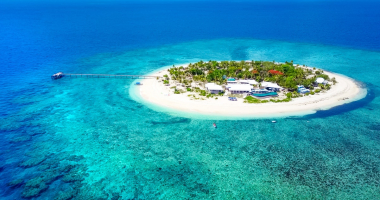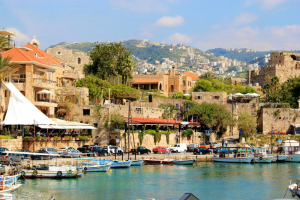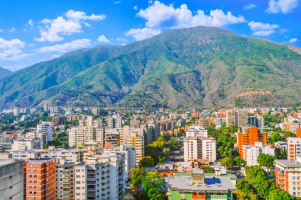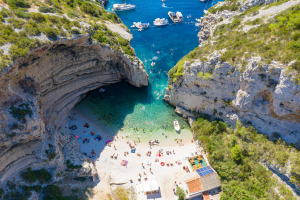Top 10 Things About Rwanda You Should Know
Rwanda is a landlocked country in east-central Africa that is south of the Equator. Rwanda is known as the "Land of a Thousand Hills" because of its ... read more...magnificent environment. Kigali, the country's capital, is located in the center of the country on the Luangwa River. The country of a thousand hills, Rwanda's beautiful environment, and warm, welcoming people provide one-of-a-kind experiences in one of the world's most amazing countries. Here are some Things About Rwanda You Should Know before traveling.
-
As countries throughout the world face criticism for unequal women's representation in politics, Rwanda is well ahead of the game. Rwanda ranks sixth in the world in the World Economic Forum's rating of nations with the best and worst governmental gender gaps (with the USA clocking in at number 28). Rwanda is exceptional in that women hold 64 percent of the seats in the Rwandan parliament, as well as innumerable other ministerial positions and crucial ministries.
Special measures, beginning with the 2003 Constitution, which established a 30% quota for women in elected offices, and political parties implementing their own voluntary quotas for women candidates on party lists, fueled the amazing development. Women held nearly half of Parliamentary seats in 2003, scarcely a decade after the massacre. Despite the fact that women have held the majority of seats in Parliament for several years, many Rwandan women leaders continue to have their competence and capacities questioned. National advances must be maintained through strengthening the capacity of local women leaders and combating unfavorable perceptions about women in politics.
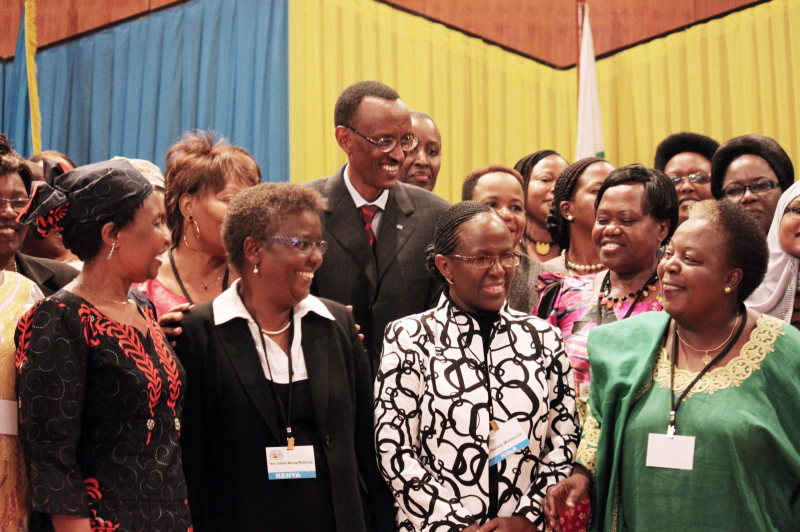
npr.org 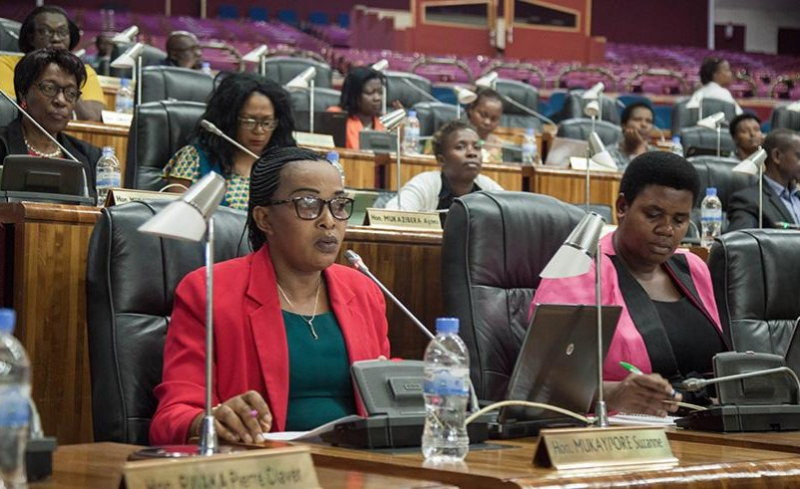
npr.org -
Despite its high profile, Rwanda is the smallest country in East Africa, which is one of the Things About Rwanda You Should Know. It is even smaller than neighboring Burundi and overshadowed by Tanzania, Uganda, and the Democratic Republic of the Congo. Rwanda, with an area of 10,169 square miles (26,338 square kilometers), is also the continent's most densely populated country, with practically every plot of land occupied by villages, residences, or terraced farms.
Rwanda is part of the African Great Lakes Region and is located in East Africa, just south of the Equator. Uganda to the north, Tanzania to the east, Burundi to the south, and the Democratic Republic of the Congo to the west are the country's neighbors. It is one of the African continent's smallest countries, with the highest population density. At 14,786 feet above sea level, the Karisimbi volcano in the Virunga group is Rwanda's highest peak. The Nyabarongo River is Rwanda's longest and one of the key feeders for the Nile. Kigali, the country's capital and largest city, with a population of 1,052,540 people and is renowned as the cleanest city in Africa.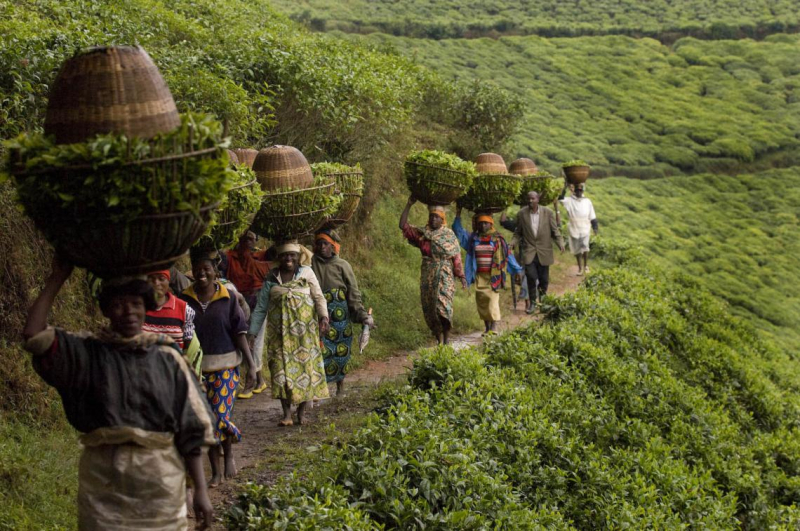
ec.europa.eu 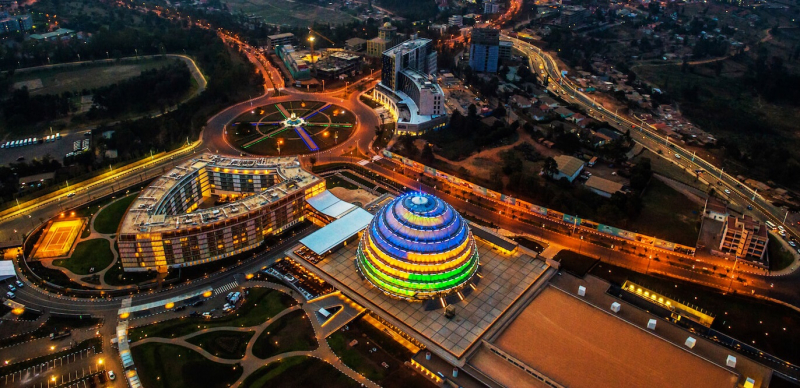
ec.europa.eu -
Rwanda truly has it all, with the lush rainforests of Nyungwe to the south, the Virunga volcanic mountains to the northwest, and the plains of Akagera National Park to the east. To top it all off, this country is home to a diverse range of indigenous flora, fauna, and animal species.
The Akagera National Park, located in northeastern Rwanda along the country's border with Tanzania, was established in 1934. However, it was reduced in size in the late 1990s in order to provide appropriate farmland to the surrounding villages. Despite the fact that many of the park's animals were slaughtered during the Tutsi genocide in 1994, the park reintroduced lions in 2015 and black rhinos in 2017. Akagera, Central Africa's biggest protected wetland, is now prospering under the leadership of the Rwandan Development Board and African Parks, a South African conservation organization. The environment of the park changes considerably from south to north, and views of giraffes, hippos, zebras, water buffaloes, elephants, antelopes, and a wide variety of bird species are common. Though less well-known than Kenyan or Tanzanian parks, Akagera will surely be a contender in a few years thanks to protection and devotion.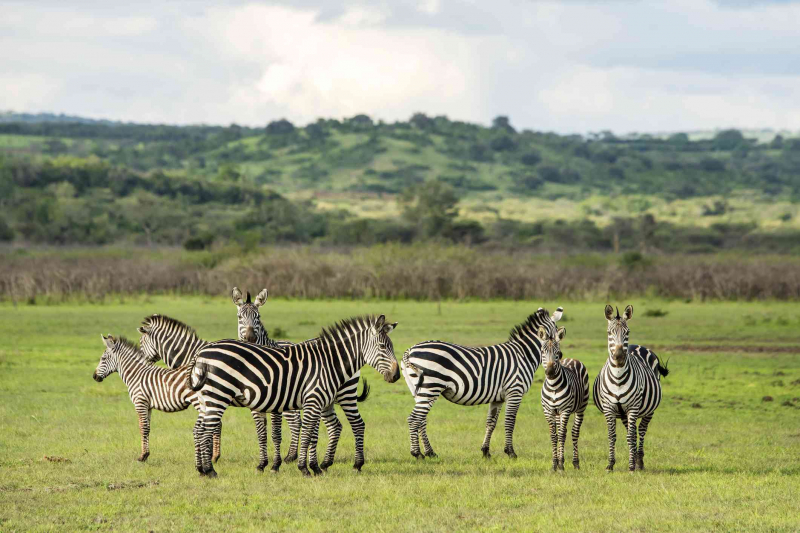
planetware.com 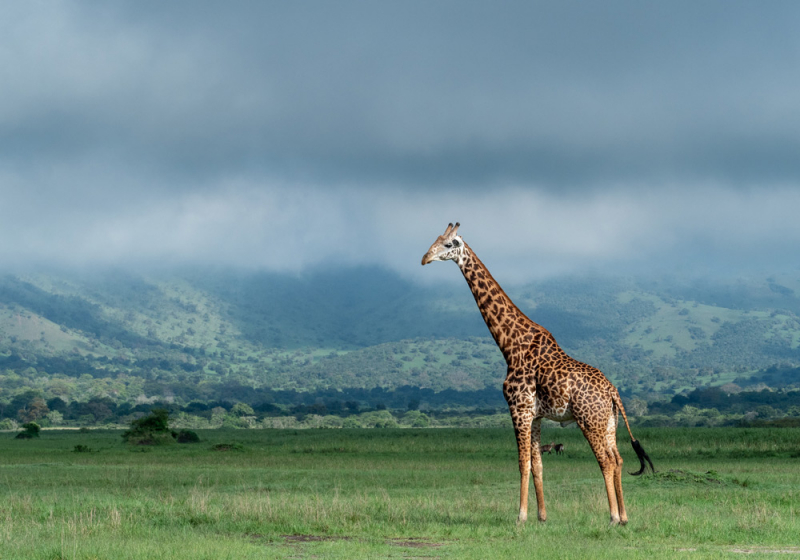
planetware.com -
Rwanda is the ninth safest country in the world, that is one of the Things About Rwanda You Should Know, according to the World Economic Forum, and the eleventh safest country in the world, according to a 2017 Gallup survey. Rwanda has gone above and beyond to ensure tourists and locals feel as safe as possible, ranking ahead of nations such as Austria and New Zealand.
The vast majority of international visitors to Rwanda for gorilla trekking safaris arrive by scheduled airplane. Rwanda has one international airport that serves the bulk of the country's renowned tourist sites. Kigali International Airport is located in Kanombe, about 10 kilometers east of the capital city of Kigali. If you're traveling by land and want to enter or exit Rwanda through one of its border checkpoints, consult with government officials who will advise you on whether it's safe to do so. This is owing to an ongoing political disagreement between Rwanda and its neighbors, Uganda, Burundi, and the Democratic Republic of the Congo.
Rwanda is an incredibly impoverished nation, therefore crime exists, although it is typically classified as low-to-medium risk. Criminal elements rarely target tourists as long as they stay on the regular tourist trail and take precautions to stay safe. Rwanda's socioeconomic characteristics are gradually improving. People are better prosperous than they were a decade ago, particularly in Kigali, the capital city. House robberies, automobile hijackings, and petty theft such as pick-pocketing and bag grabs are the most common types of crime. Tourist scams are common in every African nation that attracts high-end tourists. This involves skimming or cloning credit cards at hotels and restaurants.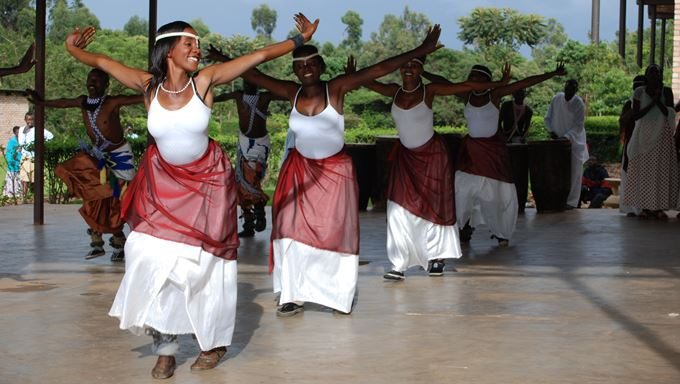
travelnoire.com 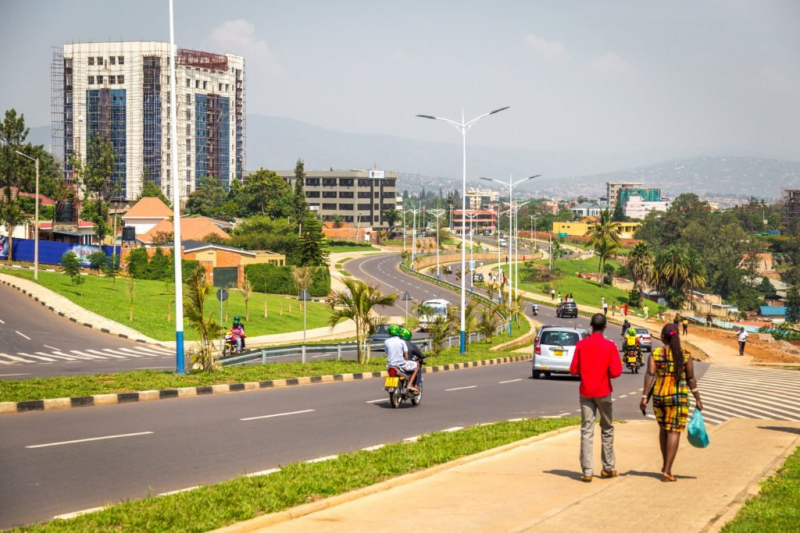
intellivoire.net -
Rwandans generally speak languages other than their native Kinyarwanda, which is one of the Things About Rwanda You Should Know. The older generations speak French, the colonial language, while English and Swahili are newcomers to the scene. As a result, Rwanda is becoming a very diversified country, with a lot of language variety, as a result of having a lot of immigrants from across the area.
Kinyarwanda is the official language of Rwanda, as well as a dialect of the Rwanda-Rundi language spoken in Rwanda, the eastern Democratic Republic of the Congo, and parts of southern Uganda (where it is known as Rufumbira). The language is practically ubiquitous across Rwanda, where the population as of October 29, 2021, extrapolated from United Nations statistics, was estimated at 13,375,738. Burundi's official language is the mutually intelligible Kirundi dialect. Kinyabwisha and Kinyamulenge are mutually intelligible languages spoken in the neighboring DR Congo's North and South Kivu provinces. The Rwandan Assembly of Language and Culture (RALC) was founded in 2010 to promote and maintain Kinyarwanda. The organization has tried linguistic modifications, but they have been greeted with opposition owing to the top-down and political nature of the revisions.
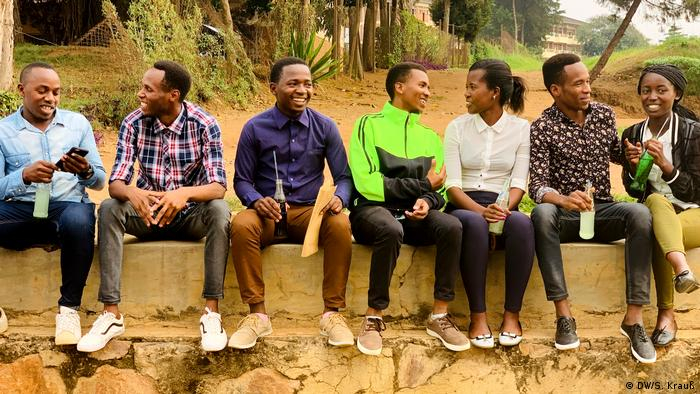
dw.com 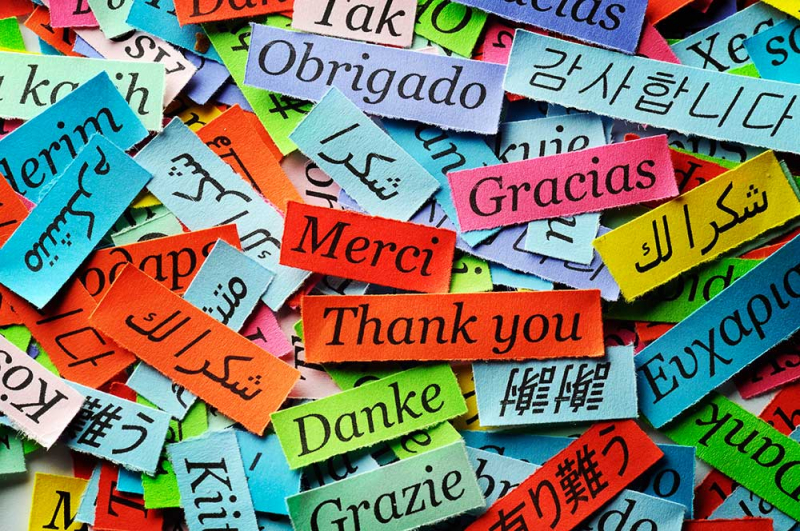
dw.com -
Despite what certain Western media outlets would have you think, the Rwandan genocide took place over 24 years ago, in April 1994. Despite the fact that this was a horrible and traumatic occurrence, Rwanda has done an excellent job of recovering, rebuilding, and rebranding.
The genocide occurred during the civil war that erupted in October 1990 between the Hutu-led government and the RPF. The RPF was a rebel force made up mostly of relatives of Rwandan Tutsi refugees who had fled the country thirty years earlier when the Hutu majority overthrew the Belgians. The RPF and President Habyarimana signed a peace pact in 1993, which resulted in a cease-fire and a plan for the execution of the Arusha Accords, which established a power-sharing government. When the peace treaty was breached, the RPF restarted the fight. Coming from southern Uganda, it gradually seized control of the country, finally taking power in July 1994 and putting an end to the genocide.
The RPF inherited a damaged country after its military victory and taking government on July 19, 1994. Approximately one million people (almost a third of the population) had been slain, two million had fled abroad, and more than one million had been internally displaced. The genocide also caused infrastructural damage, as banks and businesses were looted, the civil service, healthcare, and educational institutions were destroyed, and harvests and animals were lost.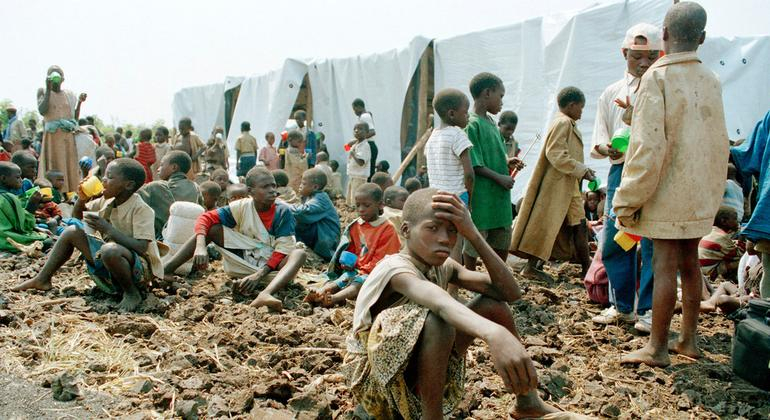
news.un.org 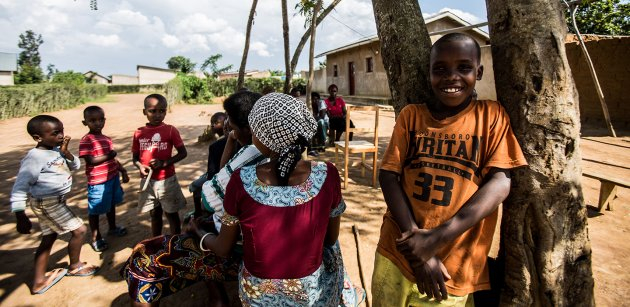
news.un.org -
Although the majority of Rwandan tourism is now focused on the country's endangered mountain gorilla population, Rwanda has much more to offer. Sparkling lakes, volcanoes, and diverse national parks, such as Nyungwe and Akagera, are home to Africa's Big Five, a slew of monkeys, and hundreds of bird species. Furthermore, Kigali, Rwanda's capital city, is gradually becoming a creative cuisine hotspot not to be missed. Come for the gorillas, but stay for the rest of what this small country has to offer.
Gorillas are one of Rwanda's most significant wildlife species. The nation is home to a large number of eastern gorilla species. Grauer's gorillas and mountain gorillas are the two subspecies. Rwanda has about one-third of the world's mountain gorillas, who are mostly confined to the Volcano National Park, where travelers may safely view them. Because of their small number, gorillas are listed as Endangered on the IUCN Red List. Eastern gorillas are large-headed apes with lengthy limbs and big chests. Their bodies are completely coated with black fur. A male gorilla may weigh up to 450 pounds and reach 5.6 feet tall, while a female can weigh up to 220 pounds and stand 4.9 feet tall.
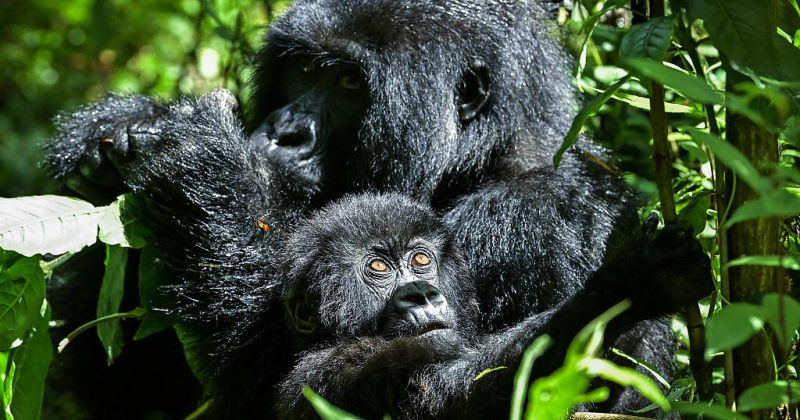
africanews.com 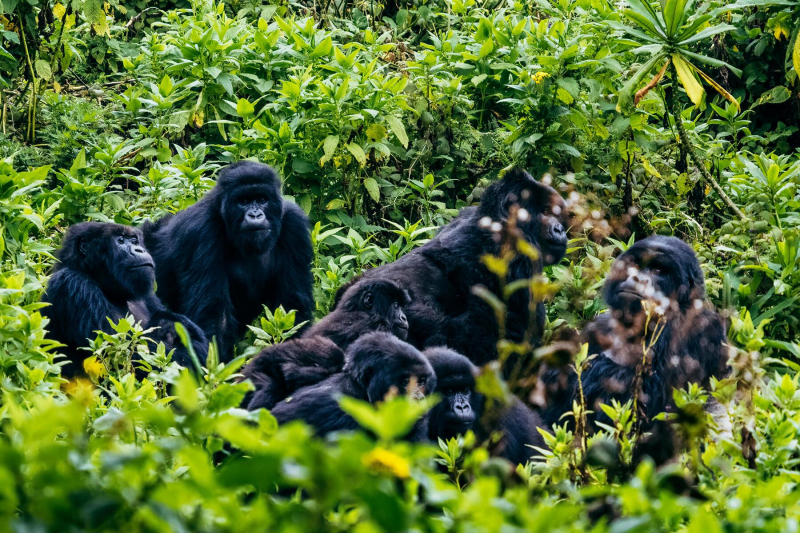
africanews.com -
In an effort to go green, Rwanda gained international attention in 2008 when it banned plastic bags. Rwanda is as sustainable as it gets, thanks to the country's conservation efforts for the endangered mountain gorillas of the Virunga mountain range. Dian Fossey's efforts and the film Gorillas in the Mist drew a lot of worldwide attention to the issue, but the Rwandan government and different non-governmental organizations (NGOs) have also worked relentlessly to safeguard the gorilla population and its natural environment.
Rwanda went after bags, especially because of widespread floods, animal health difficulties, and agriculture problems caused by enormous numbers of plastic bags and general garbage. Rwanda is clearly a cleaner place to visit and live as a result of this prohibition; streets are pristine, and terraced farms are free of stray plastic garbage. Public school students are educated about the bag ban as well as environmental preservation and conservation. Rwanda has even required a national clean-up day on the last Saturday of each month, during which residents participate in community clean-ups and public works projects.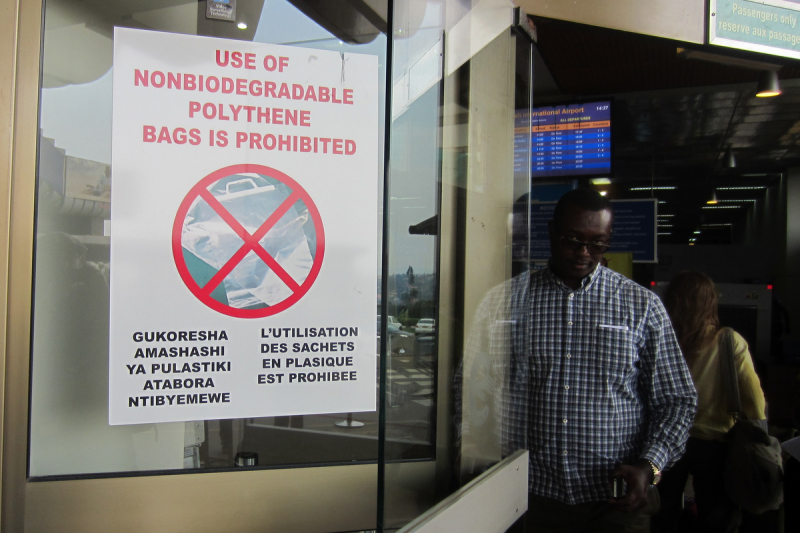
plasticoceans.org 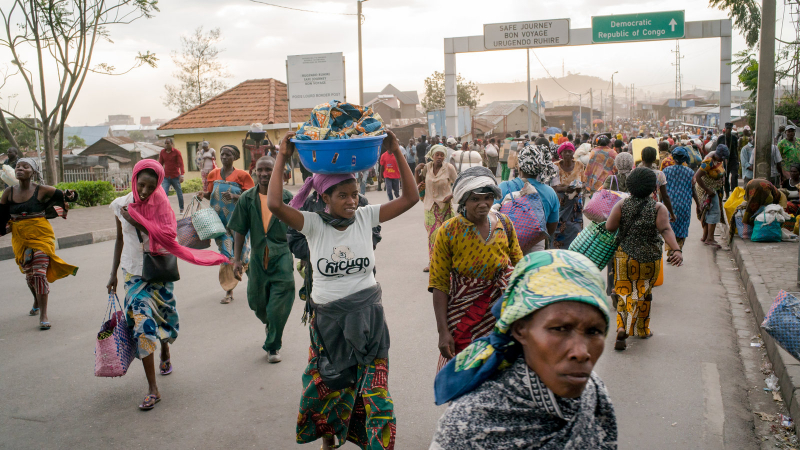
plasticoceans.org -
Rwandan coffee is too good and is one of the Things About Rwanda You Should Know. Rwandan coffee is on par with coffee from Brazil, Ethiopia, Nicaragua, and Costa Rica. Rwandan coffee, known for its dark and fruity aromas, continues to win global cupping contests, while cafés, roasters, and artisanal producers have become more popular than ever in Rwanda.
With the 1990s crisis putting Rwandan coffee producers in a bind, it would have made sense for the whole business to shut down. However, stubborn coffee producers have performed nothing short of a miracle since the early 2000s. They transformed its industrial, cheap, and broken infrastructure into a new beast focused on producing smaller quantities of some of the greatest beans in the world rather than large numbers of cheap beans.
Rwandan coffee carries a tremendous deal of pain and tragedy, but the tale of hope that Rwandan coffee producers have created through their hardships has given their coffee an added degree of significance. It is one of the most distinctive cups the world has to offer. If you're still not interested in a Rwandan bean, return to our list of the most popular coffee beans and select something different.
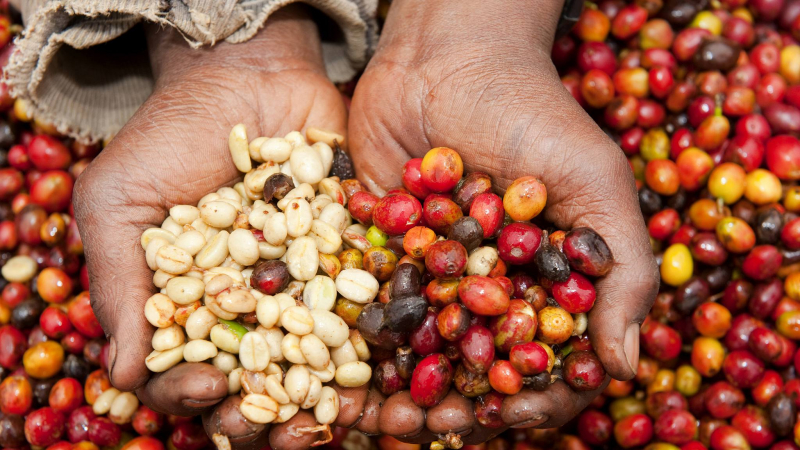
news.cgtn.com 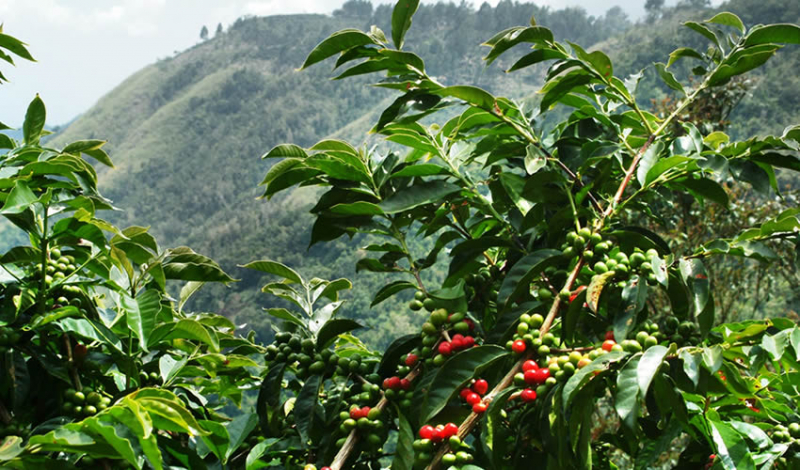
news.cgtn.com -
Rwanda's tourism is on the upswing, thanks to prominent publications such as The New York Times and CNN Holiday recognizing the country as one of the world's most desired travel destinations. Although Rwanda's coffee and tea exports, as well as its thriving business sector, are significant components in Rwanda's GDP, the thriving tourist industry has fast become a vital part of Rwanda's economic growth.
The country of a thousand hills, Rwanda's beautiful environment and warm, welcoming people provide one-of-a-kind experiences in one of the world's most amazing countries. It has a remarkable biodiversity, with magnificent fauna dwelling in its mountains, highland forests, and wide plains. Travelers come from all over the world to view the gorgeous gorillas, but there is so much more to see and do.
Rwandans are warm and pleasant, but they are also courteous, intelligent, and devoted to the notion of change, from the ground up. From the ancient kingdom to the current day, innovation has been valued, whether via traditional dancing, one-of-a-kind building, or works of art.
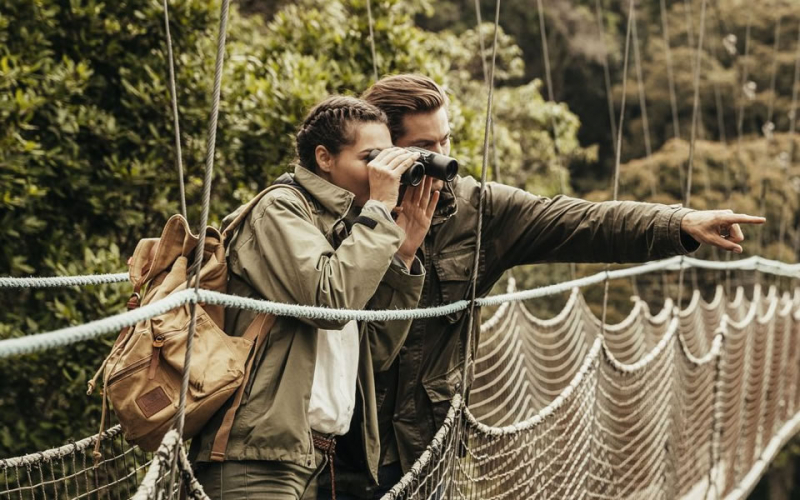
visitrwandatour.com 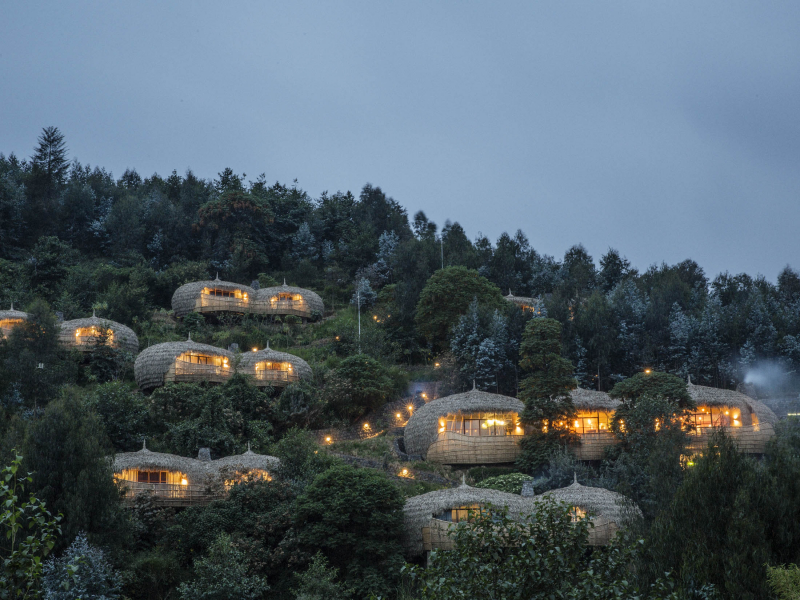
visitrwandatour.com












